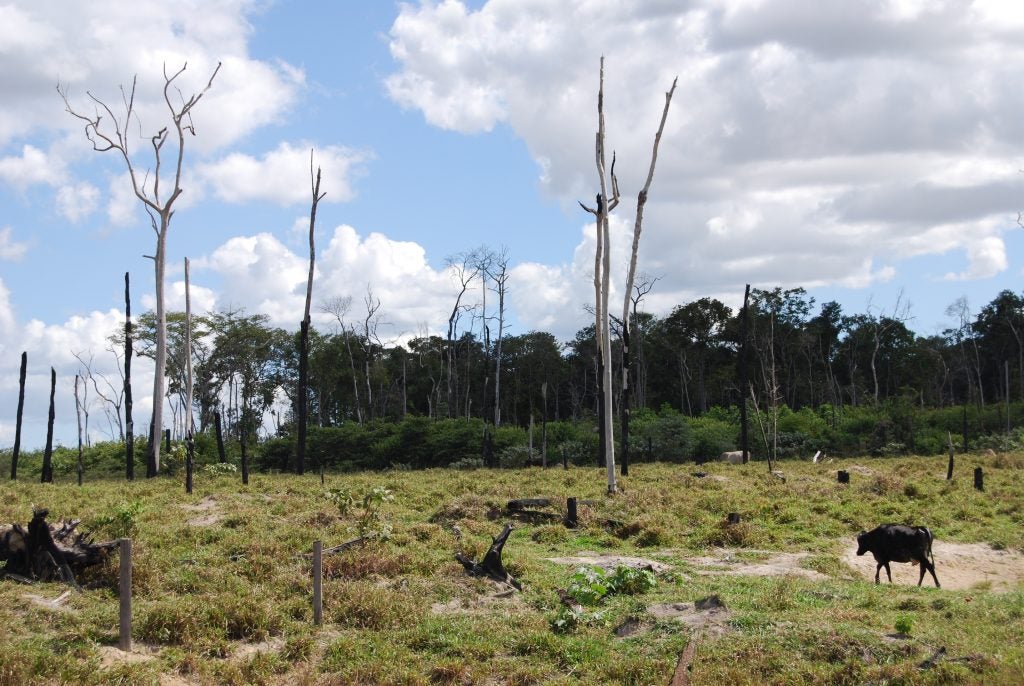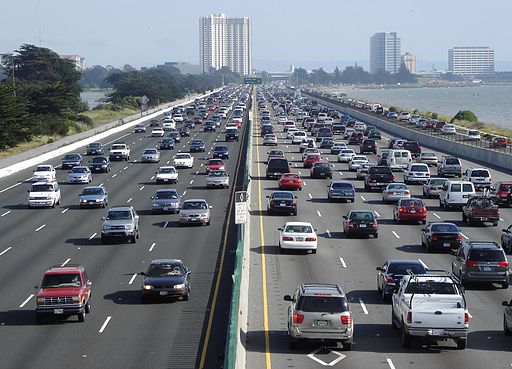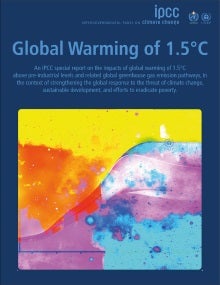Commitments to reduce deforestation in key commodity supply chains are on the rise, as are initiatives to implement them. EDF and colleagues at the Yale School of Forestry and Environmental Studies set out to map where such initiatives are underway. Specifically, they looked at areas where Reducing Emissions from Deforestation and Forest Degradation (REDD+) programs, jurisdictional approaches, and private sector actions are working to reduce deforestation driven by cattle, soy, palm oil, cocoa, and pulp and timber production.
In the peer-reviewed article Trifecta of Success for Reducing Commodity-Driven Deforestation, the authors determined which areas have the most potential for reducing commodity-driven deforestation at the scale and level needed to make a lasting impact. The findings can help companies and policymakers determine where to focus their implementation efforts.












 At the state and local level, communities are pressing ahead on clean transportation solutions—never mind that the Trump administration is stuck in reverse.
At the state and local level, communities are pressing ahead on clean transportation solutions—never mind that the Trump administration is stuck in reverse.
 Co-escrito por
Co-escrito por